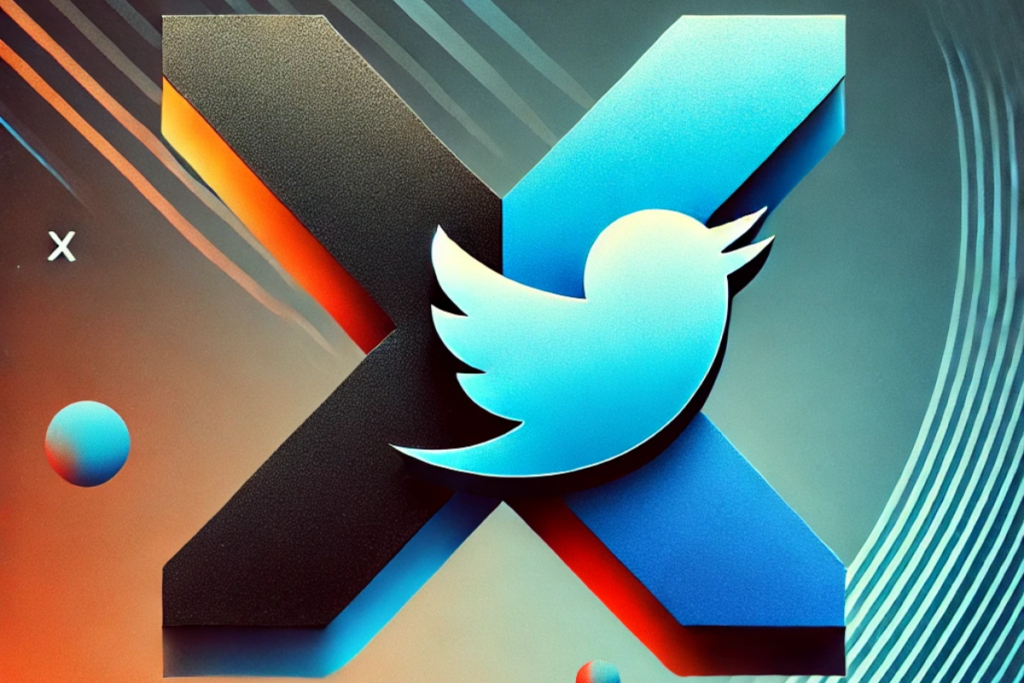Elon Musk’s social media platform, X (formerly known as Twitter), has recently come under significant scrutiny and faced legal challenges in various countries. Most notably, Brazil has taken the drastic step of banning X, citing concerns over misinformation and non-compliance with local laws. The ban includes the imposition of daily fines for non-compliance. As X faces increasing pressure globally, it’s essential to understand the implications of these actions and explore other countries where the platform has also been restricted or banned.
The Situation in Brazil
Brazil’s decision to ban X marks a significant escalation in its efforts to regulate social media platforms. High-volume keywords: “Brazil bans X,” “Elon Musk social media ban,” “X platform Brazil fines.”
Reasons Behind the Ban
Brazilian authorities have cited concerns over the spread of misinformation, hate speech, and non-compliance with local regulations as the primary reasons for the ban. The platform’s failure to effectively moderate content and comply with Brazil’s stringent internet laws has led to this unprecedented action.
Example: Brazilian lawmakers have repeatedly criticized X for allowing the dissemination of false information that could influence political opinions and public health measures. Despite warnings and fines, X reportedly failed to address these issues, prompting the government to take more severe action.
Daily Fines for Non-Compliance
In addition to the ban, Brazil has imposed daily fines on X for every day it continues to operate without addressing the government’s concerns. These fines are intended to pressure the platform into compliance and act as a deterrent to other tech companies that might consider ignoring local laws.
Example: The fines could reach significant amounts, potentially costing X millions of dollars if the platform does not take immediate corrective action.
Other Countries Where X is Banned
While Brazil’s ban on X is one of the most recent, it is not the only country to have taken such measures. High-volume keywords: “countries banning X,” “global restrictions on X,” “social media platform bans.”
China
China has long maintained strict control over internet access within its borders, and X (formerly Twitter) has been banned in the country since 2009. The Chinese government’s stringent censorship policies, known as the Great Firewall, block access to several foreign social media platforms, including X, to maintain control over information flow.
Example: Chinese citizens rely on domestic platforms like Weibo, which are subject to government monitoring and censorship, as alternatives to banned platforms like X.
North Korea
In North Korea, access to the global internet is highly restricted, and platforms like X are completely banned. The government tightly controls all information, and only a small, elite segment of the population has limited access to a heavily censored version of the internet.
Example: Most North Koreans are only allowed to use a government-controlled intranet that restricts access to global websites and platforms, including X.
Iran
Iran has also banned X, citing reasons similar to those in Brazil, such as concerns over the spread of misinformation and content that the government deems harmful to national security. The platform has been inaccessible in Iran since 2009, following the Green Movement protests, where it was used as a tool for organizing demonstrations.
Example: Iranian users often resort to VPNs and other circumvention tools to access X and other banned platforms, despite the government’s efforts to restrict access.
Global Implications
The increasing number of countries banning or restricting X signals a growing challenge for the platform and its parent company, led by Elon Musk. High-volume keywords: “global social media bans,” “Elon Musk challenges,” “impact of X bans.”
Impact on X’s Global Reach
These bans significantly reduce X’s global reach and user base, impacting its ability to generate ad revenue and engage with international audiences. The platform’s reputation may also suffer as it becomes associated with non-compliance and regulatory challenges.
Example: X’s ability to function as a global town square is compromised as more countries restrict access, potentially pushing users towards alternative platforms that comply with local laws.
Challenges for Social Media Regulation
The situation also highlights the broader challenges that social media platforms face in navigating the complex web of international regulations. Companies like X must find a balance between adhering to local laws and maintaining their commitment to free speech, privacy, and user rights.
Example: The global landscape for social media is becoming increasingly fragmented, with different countries enforcing their own sets of rules, making it difficult for platforms to maintain consistent policies across regions.
Conclusion
The ban on X in Brazil, coupled with daily fines, marks a significant moment in the platform’s history, reflecting broader global challenges that social media companies face. As more countries impose restrictions on X, the platform must navigate these complex regulatory environments or risk losing its status as a leading global social media platform. The future of X will depend on its ability to adapt to these challenges while maintaining its core principles.


